This blog post is third of a three-part series that explores Camber Collective’s journey of equity and belonging. In the first blog, I explained the early phases of our journey and the decision to hire for my role, Director of Impact and Equity. In the second blog, I described how our approach spans many identities and geographies. The final installment of this series focuses on our vision for the future and how we can all play a role in advancing racial equity into impact.
It’s human nature to wish for linear and rapid progress, but as we know, most meaningful advances—and certainly the journey towards authentic racial equity—are, at best, spirals. This work is complicated and filled with challenges, false starts, hurdles, missteps (and hopefully, minimal) crashes. Neither a sailor nor a rower, I’m still attracted to a few boating metaphors to help chart our present course.
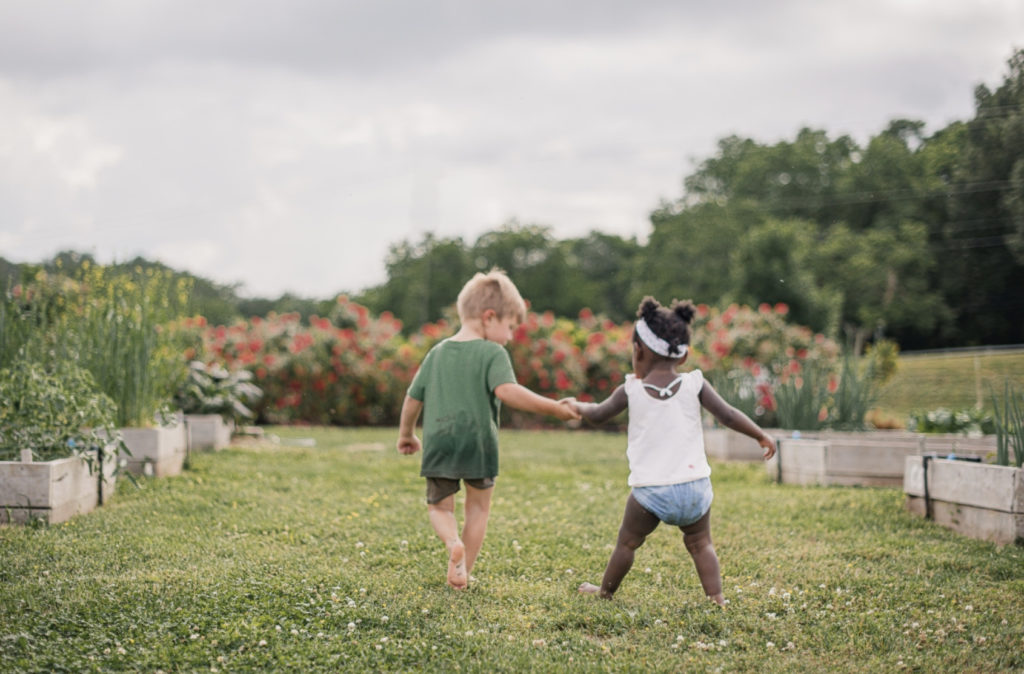
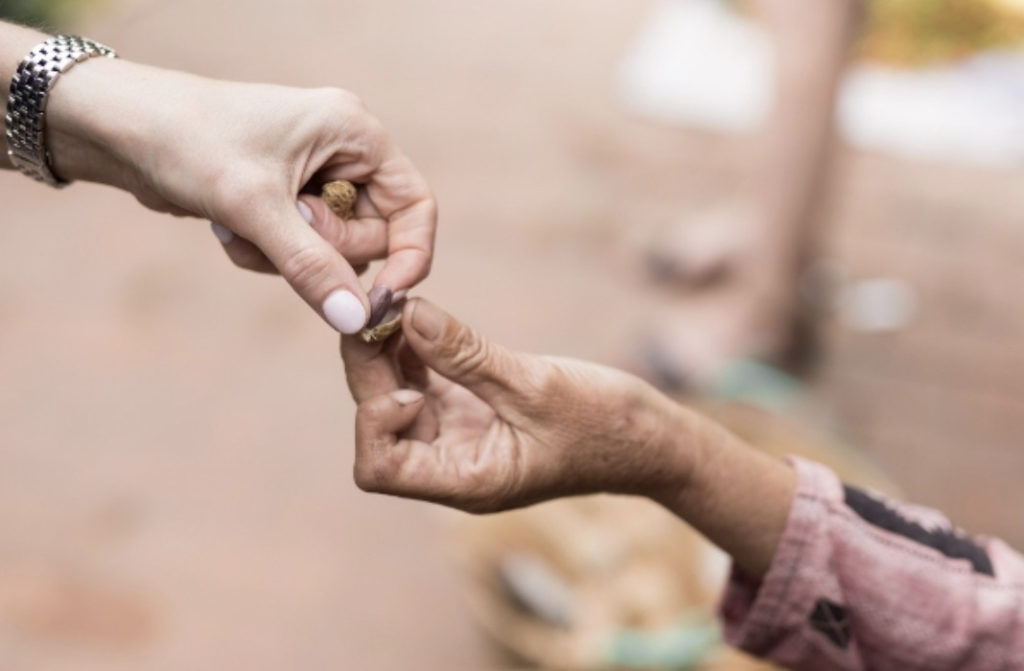
In coming in as Camber’s first Director of Impact and Equity in late 2021, I was able to supplement my personal career and workplace experience with insights from our team, input from clients and partners, and continual study of the DEI and culture-building sectors beyond our company. Again, I am grateful to Tema Okun and Kenneth Jones for their “Dismantling White Supremacy” framework, as well as many other practitioners in the equity, belonging, and social justice space who keep us focused on our own potential blind spots as well as enduring systemic gaps to confront and shift.
As consultants, we want to measure and map everything. And yet, neither Camber nor I are “DEI practitioners” in the strict sense. Further, one of the key takeaways from the field of practice around diversity, equity, and inclusion is that there are no fixed and firm ways to define DEI success. Certainly, “checkbox outcomes,” such as the number of hires or retentions, diversity of candidate pools, etc., can spur helpful initiatives and practices, but over-relying on these indicators can be shallow and performative—and worse. This is why we prefer belonging: do team members feel Seen, Connected, Supported, Galvanized?
Steering The Ship Towards the North Star** of Equitable Impact
Steering towards considerations of authentic equity may involve navigating around shoals of uncomfortable truth. One reality check is that practices of overt anti-racism often run counter to many traditional mores of the business world. Honestly facing this fact creates a tension that many corporate and cultural entities would prefer to hush or ignore, but Camber is seeking to lean in and name it. Facing such hard truths assists us in refining the role that we, as a consulting firm, can viably bring to the equity space.
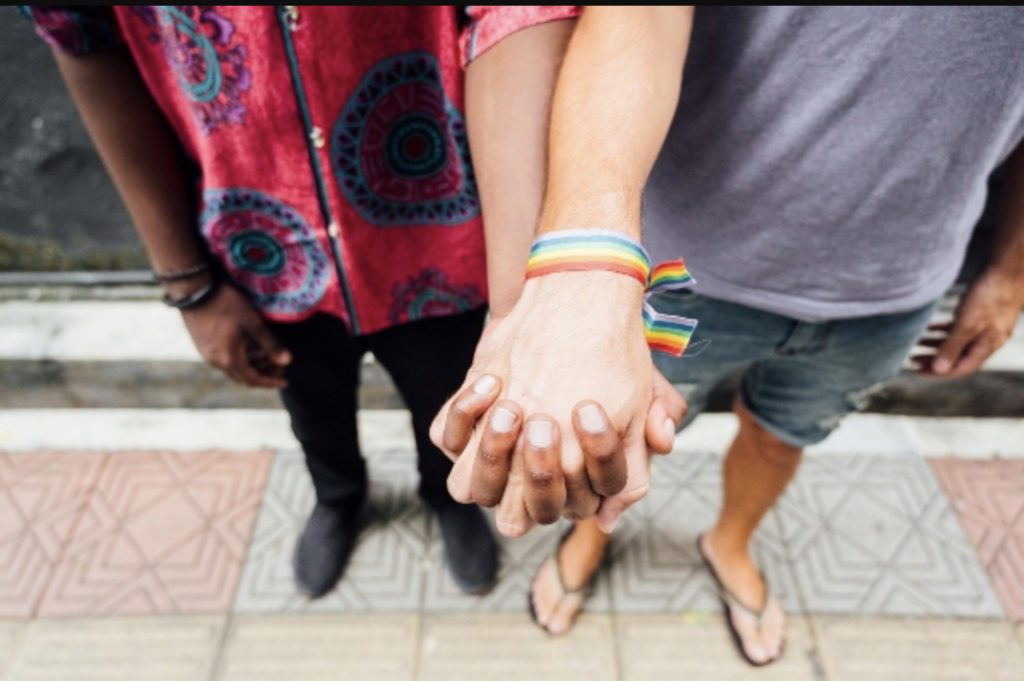
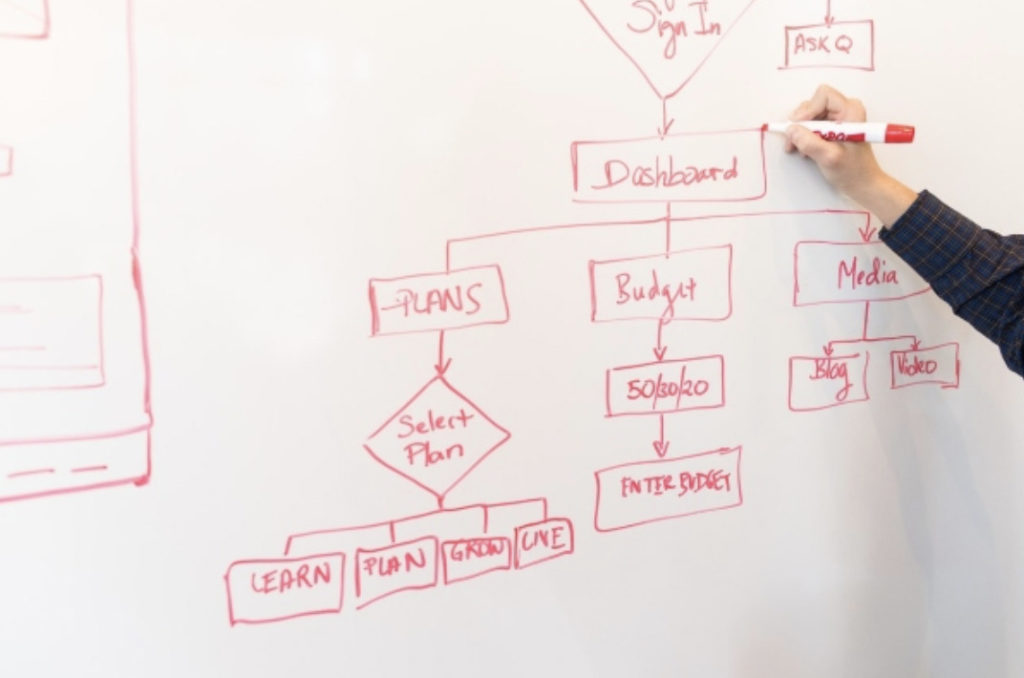
We also recognize that each of our clients—and even our own people—is on an individual journey of equity and belonging. Our job is to keep the ship sailing and point the direction for others, and to do so requires dexterity and determination. We neither want to get too far ahead in the lane and potentially lose or alienate some collaborators or partners, nor do we wish to drop a complacent anchor in our current societal spot—so doing would not only disappoint our more activist-inspired collaborators, sticking with the status quo actually risks inadvertently perpetuating the very harmful systems and urgent challenges that we week to help solve: systemically, sustainably, and equitably.
Camber Collective is first and foremost an advisor, and increasingly we see our role as that of a convenor, influencer and activator: embracing, stretching, and encouraging our clients and partners to expand their mindsets towards deeper empathy, humility, and courage.
But now, let’s be clear: many proponents in the DEI and justice spaces are responding to urgent, compelling, and sometimes life-or-death issues around discrimination and even danger. We learn from and are galvanized by their fire. And with this, for us as a consulting firm, it has proven appropriate to utilize what john. a. powell and others call a “bridging” approach. We try to utilize facts (data), humanized storytelling, and collegial “calling in” in order to steer the prow.
We choose this equitable and inclusive path fully aware that incorporating localized agency and value, and shifting norms around power require attenuated resources of time, resources, and patience. We are not expert practitioners yet, for as our best teachers in equity and justice spaces inform us, perfection itself is a false dichotomy. (Whose perfection is a question that can often be mishandled and muddled by power dynamics.) Yet unlearning bias and unliving privilege is everybody’s work, and to foster change, we must stay connected and activated.
Everyone Must Grab an Oar
I’d like to “be real” about some of the dynamics that sometimes undermine equity and impact work. Let’s start with acknowledging that some degree of engagement attrition may be inevitable. As we move further away from the social and racial justice awakenings and uprisings of 2020, we must not take our foot off the collective gas pedal; for we who are BIPOC* people, know that there is no magical “over,” and indeed far too little lasting racial justice has ever arrived. Therefore, a big part of our collective work is reminding us all that change is not an overnight occurrence. Centuries of habit must be unraveled, unlearned, and disrupted.
This is a laborious calling, particularly for some BIPOC and other systemically excluded or discriminated staff who grow weary from carrying a disproportionate part of the effort. And again, “keeping it real,” across both U.S. society and in some global circles, we have already seen the swing back, with some people in dominant (white, western, male) culture growing tired or disengaged—or equally unhelpful, overwhelmed by paralyzing guilt and sorrow over the sobering entrenchment of racism and systemic discrimination. (The SCOTUS affirmative action ruling of 2023 only further soured the landscape.)
We have, at Camber, found that our belonging framework—especially the Seen and Connected levers—keeps us in honest, courageous dialogue about race, equity and inclusion, and other essential topics, and I recommend that anyone in the position of real or aspirational “ally” continue to stay focused on these necessary shifts. Equity cannot be a flash in the pan or a symbolic, short-lived reaction to a news cycle. May I point out that stepping away from ‘isms’ is a privilege that people of color, women, LGBTQIA+, differently abled, and other groups who are typically harmed or excluded do not generally get to select. This fact alone should keep all our arms flexing and paddling.
To anyone who has been feeling overcome or discouraged by the endurance of inequity, the strokes must continue, focused and on course. The call of a trusted coxswain can keep us rowing as one. Humanitarian, development, social impact, government, and philanthropy work are exhausting. But listing about in a conceit of pain and apology diverts essential energy and motivation that could better be used to activate change. These negative/scarcity drivers also keep us collectively stuck in a cycle of anger, regret, fear, distrust, and other deleterious factors that make social impact and change all but impossible.
One more point: centering misery over hope inadvertently and disproportionately centers dominant culture/whiteness/patriarchy as the prime activator of social change, leaving those who would most benefit sidelined as token accessories or passive recipients of change, rather than co-architects. This is one reason why we continue to explore constructs of “White Saviordom” as a team and ways to avoid and dismantle these mindsets and practices. This is ongoing, endless, but as I’ve said before galvanizing work, and it’s one of the reasons that people choose to work at and with Camber Collective.
Making Space for Joy
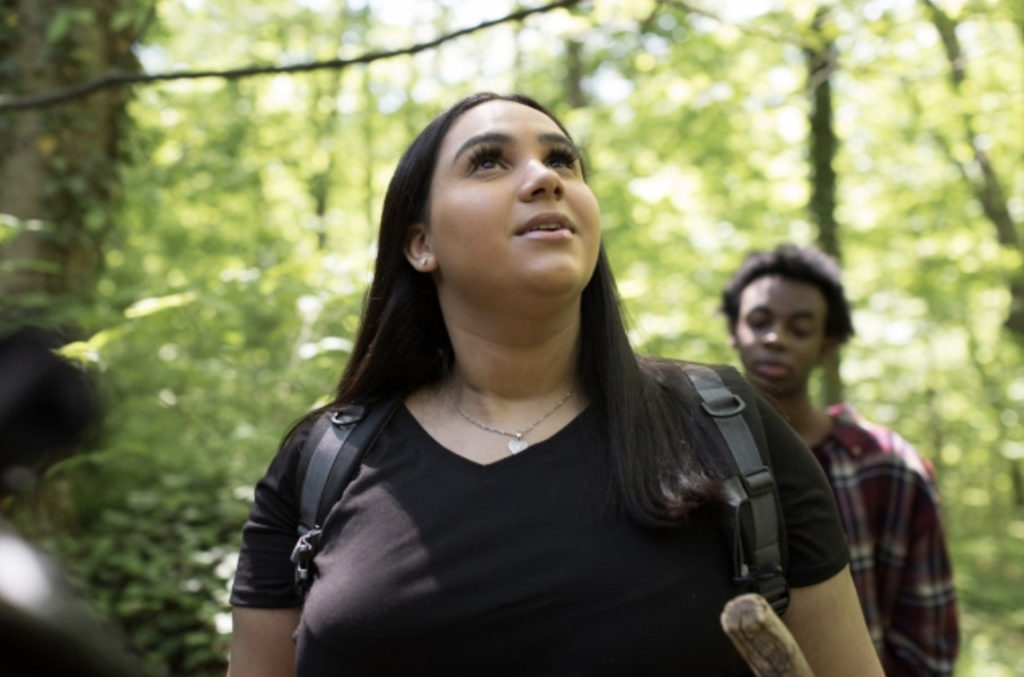
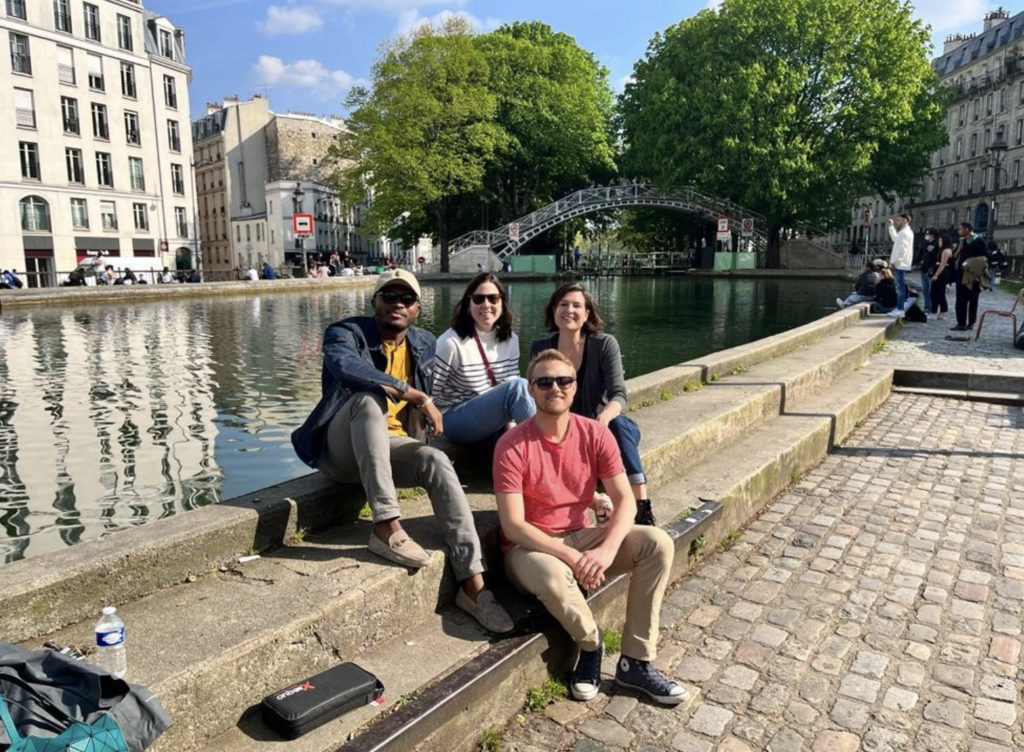
All of what I’ve described above is complicated, delicate, sensitive, sometimes even holy, but always difficult work. As a result, we introduce joy and celebration whenever possible to support each other on our collective equity journey. Tools, resources, and events that insert celebration and appreciation allow us to fortify the team’s sense of mutuality, admiration, and trust.
Our 2022 team convening, which brought the nearly 40 team members from around the globe together after nearly three years of separation, involved activities that helped us bond and renew our resolve. They were all themed around the four tenets of belonging (being Seen, Connected, Supported, and Galvanized). Fun, gratitude, celebration, friendly competition, breaking bread, and vision-mapping ignited us all.
This is complicated, delicate, sensitive, sometimes even holy, but always difficult work.
To support internal culture building and collaborating, we also are also co-designing new ways to gather in groupings of team member choice around equity learning, advisory, or task groups. This flexibility not only provides multiple layers of opportunities for team members to engage deeply in the work that most interests them, it provides safe spaces for in-group sharing and solidarity, and cross-group gatherings for learning, sharing, and mutual coaching.
We continue to explore groups that advise on equity and client influence; efforts to humanize data in storytelling; and impromptu, informal staff gatherings based on geographic region, faith practice, and other elements of our shared human experience. As we dive deeper into our efforts, we look forward to sharing more information about our experiences.
Humanizing, Honesty, and Hope
Shifting our mindsets and developing comfort with emotional vulnerability and individual discovery are indispensable ways of activating social impact. They are also stances that are seldom seen in management consulting. In our initial stages of this work, unclear communication around our organizational norms and practices contributed to discord and frustration among some staff members. In checking our own awareness and blind spots, we have been able to start making structural and policy changes to improve communications between staff and clients—policies that will continue to evolve as we move further along this equity journey.


Connection, along with being seen and supported (three of the tenets of belonging) allows us to stay galvanized (the fourth). Our belonging framework helps involve all members of the Camber team—from management down to the newest hire—keep equitable impact afloat.
Focusing on “connection,” through humanized storytelling and relationship-building, has allowed us to interrogate legacy “professional” postures in our consulting sector, such as seriousness, rigidity, and over-reliance on jargon. Focusing on people: our collaborators, the people they ultimately serve, and ourselves as a team also gives us the resolve to soldier on through the complex yet generally behind-the-scenes work of coalition building, systems design, and community strengthening.
Putting our Values into our Business
To put a fine point on it, equity and belonging are not the primary work of Camber Collective—consulting is. As I pointed out in the second post in this series, we strive to integrate these attributes into our client work, even if equity and belonging are not the primary focus of a project. Further, our firm’s expectation that each team member invests individual time and focus in equity learning is one of our differentiating factors compared to some other consultancies in our industry. Referring again to my first post in this series, we strive to be exemplars in the consulting industry in our rejection of agnosticism in “social good consulting.” Clients and projects whose goals run afoul of our social good values won’t pass our engagement test.
As we build out this values alignment in our practice and demonstrate a deeper focus on equity and sustainability, we are even finding that new partners who were skeptical of the consulting sector writ large are eager to engage with our services. We are gratified to see this development, for we do believe that, by integrating equity into our theories of influence and client work, Camber Collective can help disrupt and dismantle the collective history of racist, exclusive, extractive, and colonial practices in the humanitarian and philanthropic sectors.
It is good work. We enjoy celebrating each other and commemorating key cultural and personal events. While acknowledging the inevitable mistakes we will make along the way, we hope to move forward with grace and resolve. The ship sails forth!
As Camber Collective’s Director of Impact and Equity Rozella Kennedy helps direct the firm’s internal Impact, Equity, and Belonging work as well as the external practice. Her theory of impact seeks to leverage equitable values to influence and impact the humanitarian, development, philanthropic, and social impact sectors. The long focus is to expand awareness and practice in local and global post-colonial contexts. Rozella is also the creator of Brave Sis Project, a lifestyle brand using narrative and social engagement to uplift BIPOC women in U.S. history as a tool for learning, growth, celebration, and equity allyship; her book “Our Brave Foremothers: Celebrating 100 Black, Brown, Asian, and Indigenous Women Who Changed the Course of History” was published by Workman Press in Spring, 2023.
Notes
* BIPOC refers to Black, Indigenous, and People of Color. Camber Collective recognizes that this term, like many others in this dynamic and rapidly changing nomenclature context, does not fully serve all communities or contexts, but we will use it here for the sake of brevity and uniformity.
** Similarly, many practitioners in equity spaces suggest not using the term “North Star” and instead using “guiding star,” to dissuade us from default Global-North location bias. While I agree with this sentiment, at this point, in the nautical field, “guiding star” has not yet caught on as a navigational term. I advise the reader to approach language with the fluidity that human interaction and progressing ideas invite.
